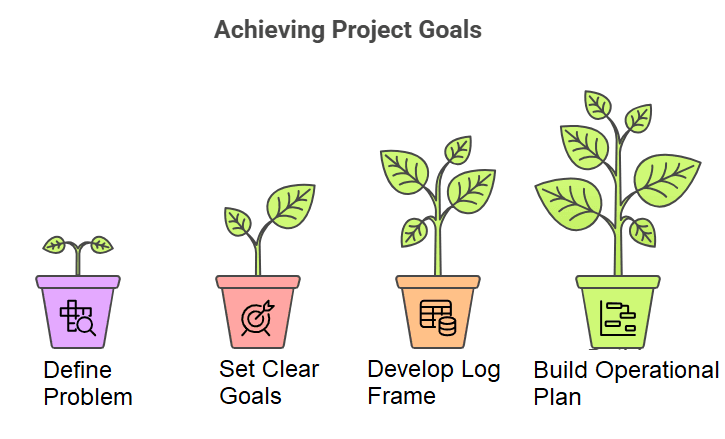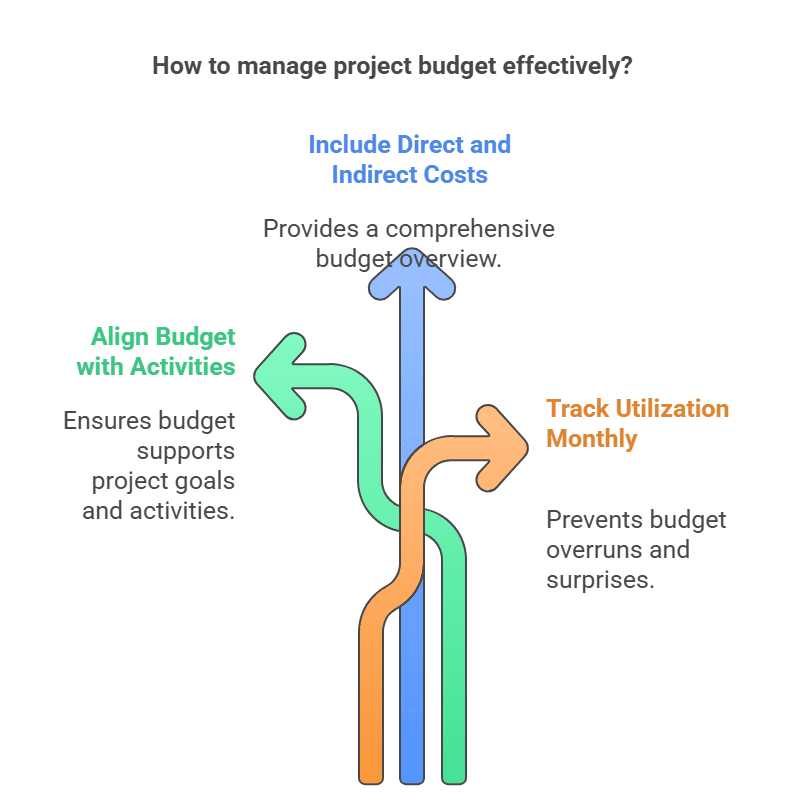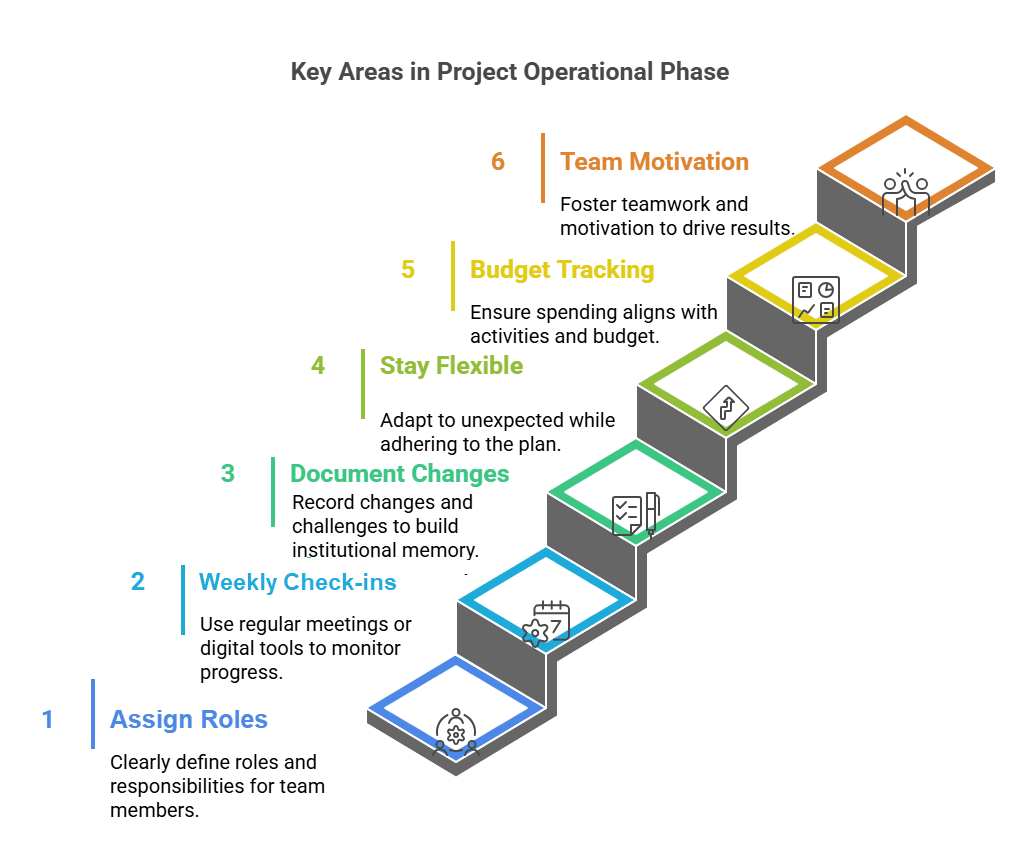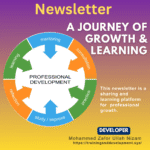Ever feel like your project is running you instead of the other way around?
If you’ve ever sat at your desk thinking, “How do I actually manage this project from start to finish?”—you’re not alone. Many professionals in NGOs, private firms, or semi-government organizations find themselves in charge of programs without ever being shown the basics. The result, stress, last-minute puzzle, and reports that feel like a nightmare.
What if project management could feel less like paperwork and more like purpose?
Here’s the good news: project management doesn’t have to be complicated. It’s about building structure around your work so you can move confidently from planning to delivery. Think of it as a set of habits, not a textbook. It is like, we are managing ourselves in family, daily life and manage events!
Project management isn’t just about Gantt charts and log frames. It’s about turning ideas into impact. When done right, it helps you:
- Align your team around a shared goal.
- Deliver results on time and within budget.
- Communicate clearly with donors, stakeholders, and beneficiaries.
- Track progress using indicators that actually mean something.
From your first planning meeting to your final project completion report, every step can be simplified with a few core principles.
Here’s your roadmap—from planning to reporting, without the jargon.
Let’s break it down into the following sections:

1. Planning with Purpose
A. Begin with the reason behind your initiative. What specific problem are you addressing?
B. Establish clear goals and document them in a logframe. Use indicators as checkpoints – if you cannot measure it, you cannot manage it.
C. Utilize a logframe to outline objectives, outcomes, outputs, and indicators.
D. Develop an operational plan. This will serve as your roadmap. Break larger goals into smaller tasks, set timelines, and assign responsibilities.

2. Budgeting That Works
A. Align your budget with your activities, not the other way around.
B. Include both direct costs (training, travel) and indirect costs (administration, HR).
C. Track utilization on a monthly basis to avoid surprises.
3. Implementation with Agility
A. Assign clear roles and responsibilities to each team member.
B. Use weekly check-ins or digital tools, such as Trello or Asana, to stay on track with project progress.
C. Document any changes and challenges encountered. This practice helps build institutional memory.
D. Follow the plan, but remain flexible. Unexpected issues will arise; what matters is how quickly you adapt to them.
E. Align spending with activities by tracking your budget utilization according to the established plan and guidelines. Both underspending and overspending can be detrimental, as they indicate poor planning.
F. No project succeeds in isolation. Set clear roles, maintain open communication, and remember that motivation drives results just as much as planning. Focus on effective teamwork management.

4. Monitoring & Evaluation (M&E) That Matters
A. Select indicators that truly reflect meaningful change, rather than just focusing on numbers.
B. Gather data consistently and analyze trends. Regularly assess your progress against the selected indicators. Ask yourself: Are we on track, or do we need to make adjustments?
C. Utilize your findings to modify your approach while the project is still ongoing.
5. Monthly Reporting Made Easy
A. Don’t wait until the last day to collect data. Gather information throughout the month to ensure your report presents a clear narrative of your progress and challenges.
B. Keep your report concise by including sections on achievements, challenges, and next steps.
C. Use visuals, such as charts and tables, to effectively display your progress.
D. Ensure your report aligns with both donor expectations and internal requirements.
6. Project Completion with Impact
A. Reflect on the lessons learned.
B. Keep everything organized, including plans, reports, and data. A simple digital system can save time and prevent mistakes.
C. Document success stories with your team and stakeholders.
D. Submit a final report that tells a story, rather than just providing statistics.
E. Capture the entire journey—what worked, what didn’t, and the lessons to carry forward. This document is invaluable for donors and future projects.
When you master these basics, you stop reacting to problems and start leading with clarity. Reports become easier to write, supervisors see you as reliable, and teams trust your direction. Instead of drowning in details, you create a rhythm – plan, act, check, report that keeps you and your project moving forward.
Ready to lead your next project with confidence?
If you’re a rising professional in the NGO, private, or semi-government space, this blog is your launchpad.
And subscribe to my newsletter A Journey of Growth & Learning and
Explore my training website for more training and articles in https://traininganddevelopment.xyz/ .
Let’s build a community of project managers who lead with clarity, compassion, and results. The next time you’re handed a project, you won’t have to wonder where to start. You’ll already have the roadmap.


